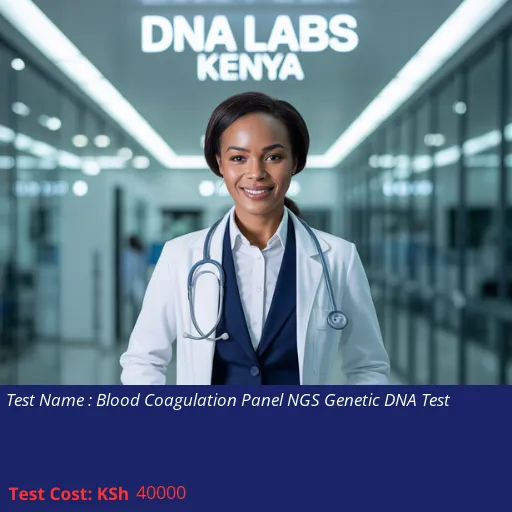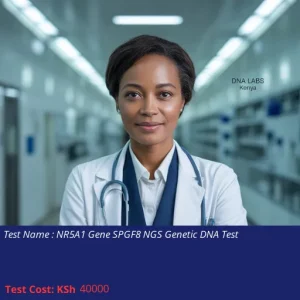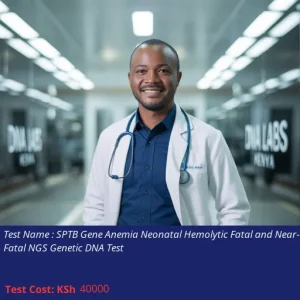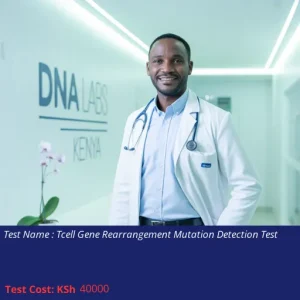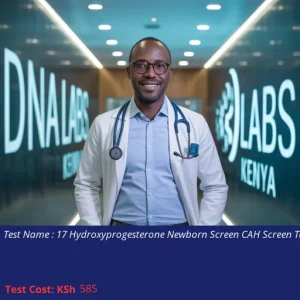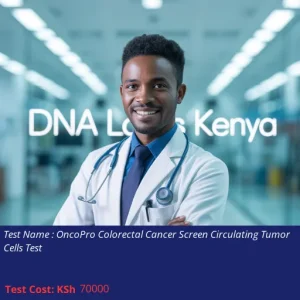Blood Coagulation Panel NGS Genetic DNA Test
Introduction
The Blood Coagulation Panel NGS Genetic DNA Test is a cutting-edge diagnostic tool that utilizes Next-Generation Sequencing (NGS) technology to assess genetic predispositions to coagulation disorders. This test is vital for individuals with a family history of blood clotting issues, enabling early detection and management of potential health risks.
What the Test Measures
This test analyzes specific genetic markers associated with coagulation pathways, including genes such as ACTN1, ACVRL1, ADAMTS13, and many others. By examining these markers, healthcare providers can identify inherited conditions that may lead to abnormal blood clotting.
Who Should Consider This Test?
Individuals who should consider the Blood Coagulation Panel NGS Genetic DNA Test include:
- Those with a family history of coagulation disorders.
- Patients exhibiting symptoms such as unexplained bruising, prolonged bleeding, or clotting episodes.
- Individuals with known genetic mutations related to blood coagulation.
Benefits of Taking the Test
- Early identification of genetic predispositions to coagulation disorders.
- Informed decision-making regarding treatment and management of potential risks.
- Peace of mind for patients and their families.
Understanding Your Results
Results from the Blood Coagulation Panel NGS Genetic DNA Test will be interpreted by qualified hematologists. Patients will receive guidance on the implications of their results, helping them understand any necessary steps for further evaluation or management.
Test Pricing
| Discount Price | Regular Price |
|---|---|
| 40,000 KSh | 60,000 KSh |
Branches and Booking
We have branches across Kenya, offering convenient access to our services. For those unable to visit our facilities, we also provide a home sample collection service. To book your Blood Coagulation Panel NGS Genetic DNA Test, please call or WhatsApp us at +254746286171.
Additional Information
Turnaround time for test results is approximately 3 to 4 weeks. The sample type required for this test includes blood or extracted DNA, or even a single drop of blood on an FTA card. Prior to testing, a genetic counseling session is recommended to gather a clinical history and create a pedigree chart of affected family members.

